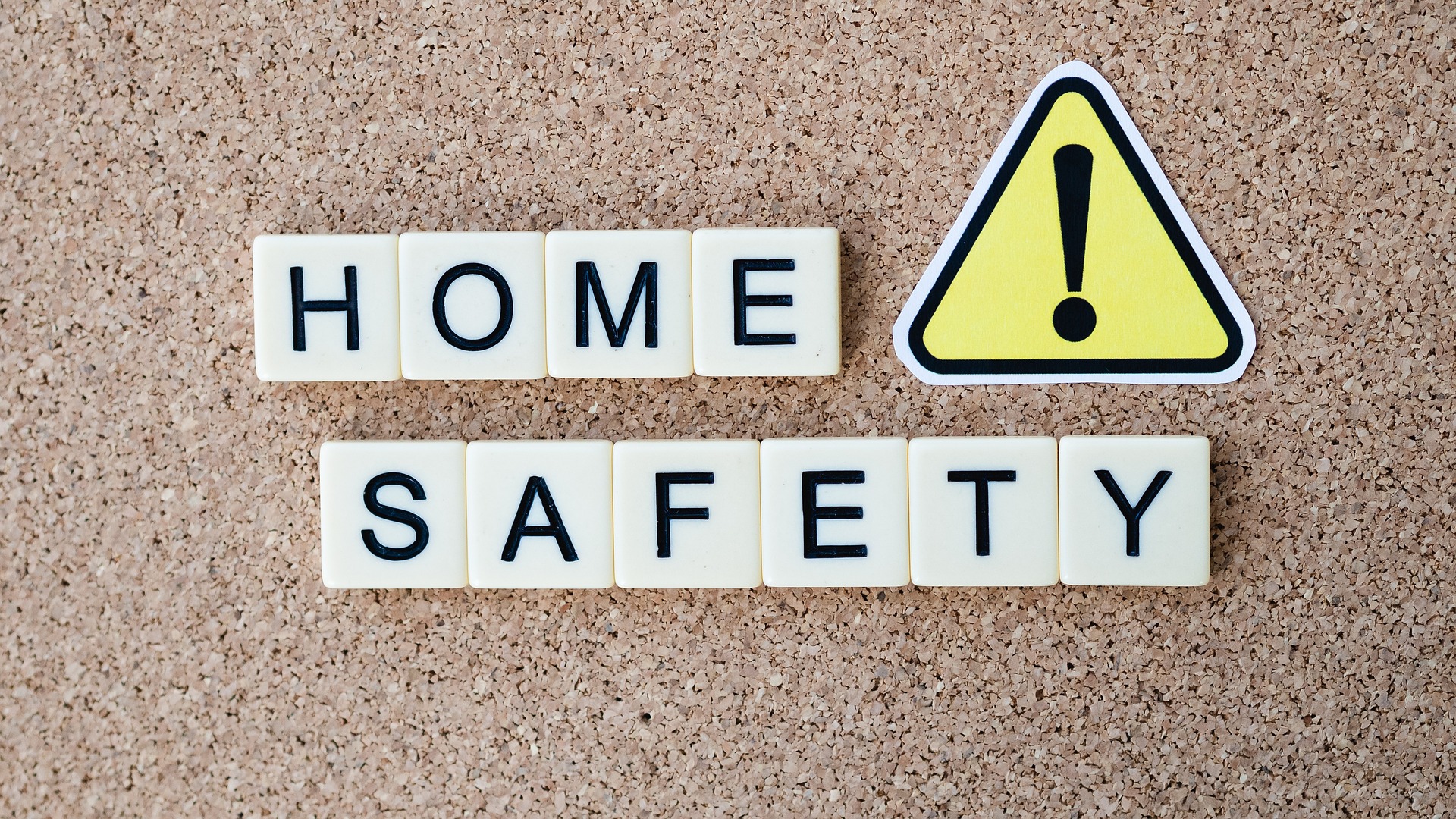
How to protect yourself when renting your home and avoid unpleasant surprises
.Renting out your property can be an excellent way to generate income, but to make it a success, it is essential to choose the right tenant. Ideally, you are looking for someone who pays on time, respects the rules of coexistence and stays in the property for the agreed period of time. However, it is not always easy to identify potential problems before they occur.
In this article, we will explore the concept of "inquiokupaci" inquiokupació n", analyse the risks of non-payment of rent and give you key tips to protect yourself.
"What" is the inquiokupación?
.Inquot;inquiokupació n" refers to a situation in which a person legally rents a dwelling by means of a contract, but with hidden intentions. Generally, these tenants pay the first few months' rent, but then stop paying, taking advantage of legal situations that make it difficult to evict them.
Inquiokupas often appear to be ideal candidates: they have documentation to back up their creditworthiness and make a good initial impression. However, these appearances can be misleading, leaving the owner facing months or even years of legal and financial problems.
Differences between inquiokupación and squatting
Although both terms imply the improper use of a dwelling, there are key differences:
?How common is the non-payment of rent?
Cases of non-payment of rent are not as common as the media might make them seem, but neither are they non-existent. According to recent data, the default rate in Spain is expected to be around 5.7% in 2021, a percentage influenced in part by the economic difficulties resulting from the pandemic.
Although most tenants meet their obligations, it is worth taking precautions to minimise risks, just as we do with car or home insurance.
While most tenants meet their obligations, it is worth taking precautions to minimise risks, just as we do with car or home insurance.
Warning signs for possible inquiokupa
Although there is no foolproof formula, these signs can help you to identify a potentially problematic tenant:
How to protect yourself when renting your home
.To prevent problems, it's best to be proactive from the start. These measures can help you ensure a safe tenancy:
1. Check databases of defaulting tenants
2.
In Spain, there are files such as FIM Ibérica, which compile information on tenants with a history of non-payment. Consulting this database (for a fee) or requesting this service from an estate agent can save you a lot of headaches.
2. Document the status of the property
3.
Before handing over the property, carry out a detailed inventory accompanied by photographs that reflect its condition. This includes furniture, appliances and other items. This record will be crucial if you need to claim for damages or losses.
3. Take out payment default insurance
3.
Default insurance can be one of the best investments you can make as a landlord. These policies guarantee that you will receive the outstanding monthly payments in the event that the tenant stops paying, as well as covering legal costs to expedite a possible eviction.
Another option is to request a year's rent in advance, which is becoming increasingly common and provides an additional security cushion. In addition, many insurers will carry out an analysis of the applicant's creditworthiness beforehand, helping you to make more informed decisions.
Conclusion
Renting a home doesn't have to be a complicated experience if you take precautionary measures from the start. Screen prospective tenants, protect your property with solid contracts and consider options such as non-payment insurance. Remember, acting with caution will always be more effective than reacting to problems once they occur.
Taking these precautions will allow you to enjoy the benefits of renting out your property without unnecessary worry.
